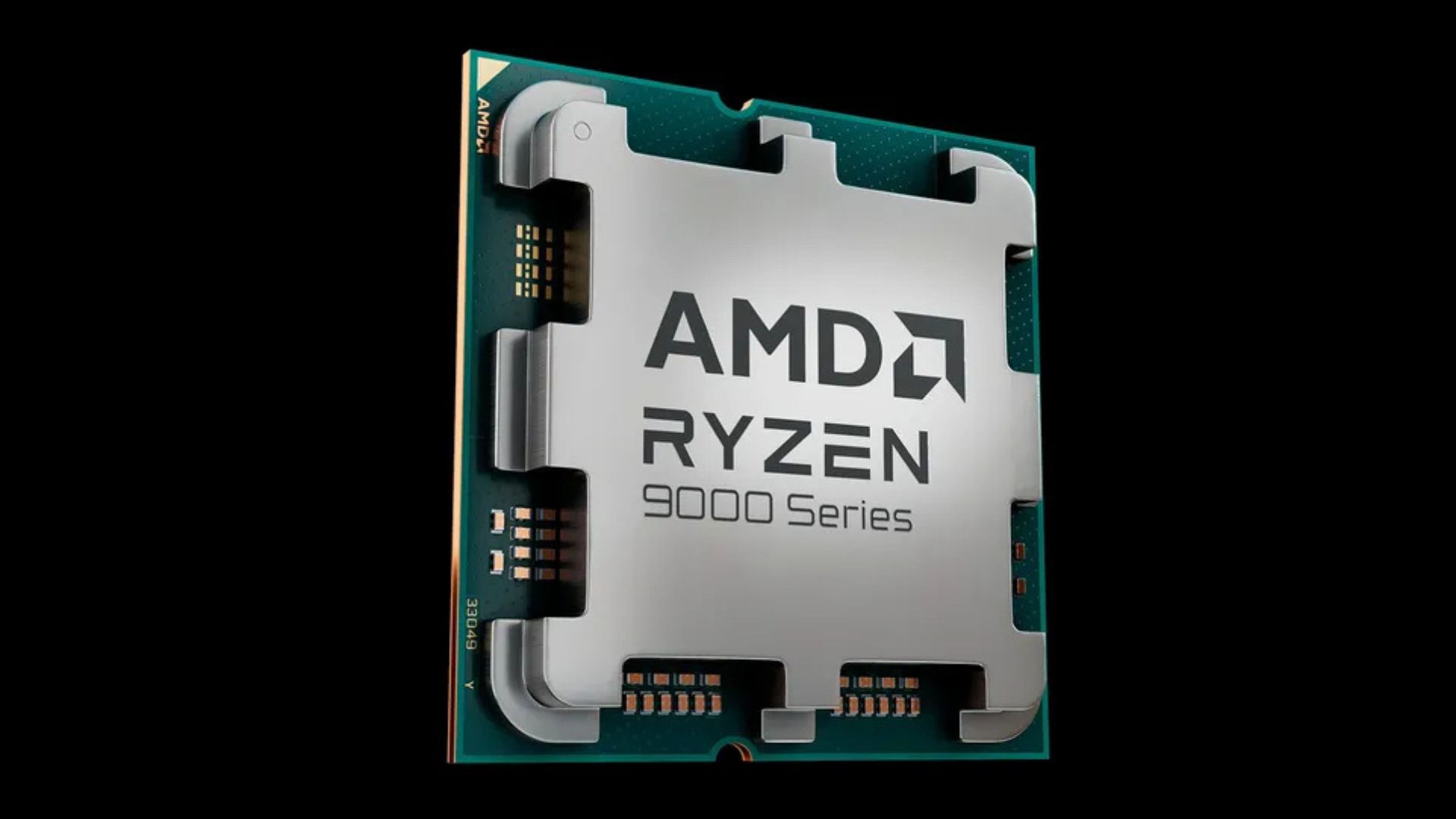
AMD has quietly launched four new desktop processors spanning three architectures—Zen 5 and Zen 3—catering to builders on both its AM5 and AM4 platforms. The additions include two discrete-graphics “F-series” Zen 5 chips for AM5 (Ryzen 7 9700F and Ryzen 5 9500F), a new AM5 entry-level Zen 5 part (Ryzen 5 7400) and an unexpected AM4 Zen 3 refresh (Ryzen 5 5600F). This multi-architecture rollout extends AM4 support into its ninth year and enriches AM5’s budget segment, offering builders more flexible upgrade paths and price points.
Zen 5 F-Series Delivers High-End CPU Performance for Discrete Builds
Ryzen 7 9700F
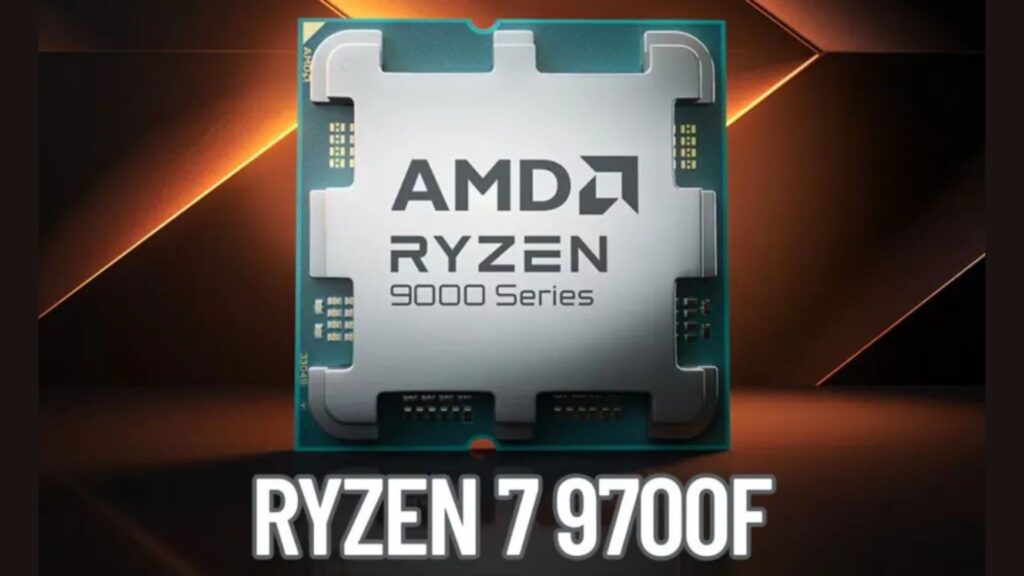
- Cores/Threads: 8 / 16
- Base/Boost: 3.8 GHz / 5.5 GHz
- Cache: 32 MB L3
- TDP: 65 W
- Platform: AM5, PCIe 5.0×16, DDR5-7200
- Integrated Graphics: None (F-series)
- Estimated MSRP: $294
The 9700F mirrors the Ryzen 7 9700X in core counts, clock speeds and cache but drops the Radeon graphics, making it ideal for gaming rigs with dedicated GPUs. Early benchmarks show it matching the 9700X’s single-thread results while slightly trailing in integrated-graphics tests—irrelevant for its target audience (Tom’s Hardware).
Ryzen 5 9500F
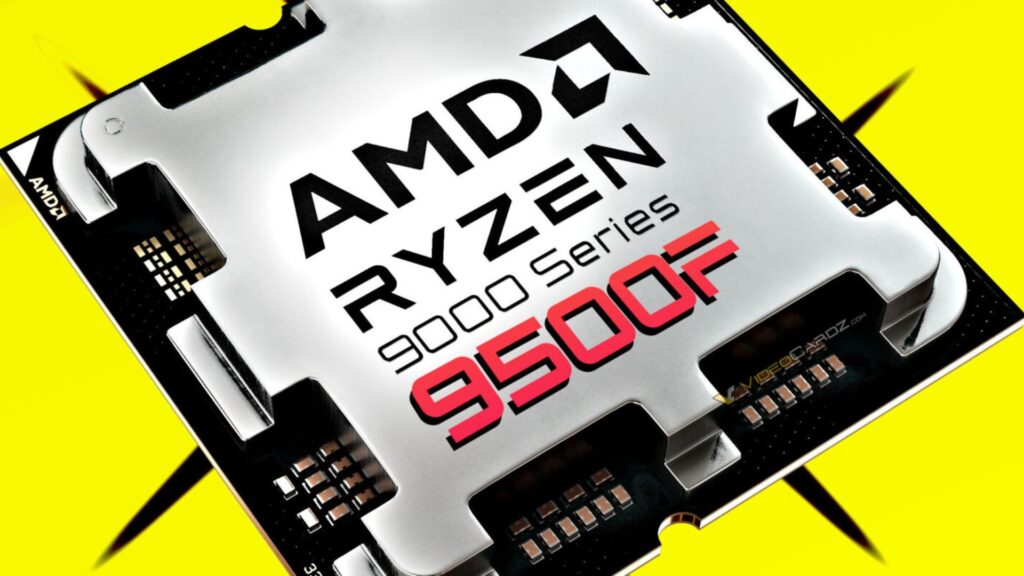
- Cores/Threads: 6 / 12
- Base/Boost: 3.8 GHz / 5.0 GHz
- Cache: 32 MB L3
- TDP: 65 W
- Platform: AM5, PCIe 5.0×16, DDR5-7200
- Integrated Graphics: None
- Estimated MSRP: $218
Positioned against Intel’s Core i5-14600K, the 9500F delivers comparable gaming performance at 1080p when paired with a midrange GPU. Builders gain Zen 5 IPC improvements and future-proof I/O without paying a premium for integrated graphics.
Entry-Level Zen 5 for AM5: Ryzen 5 7400
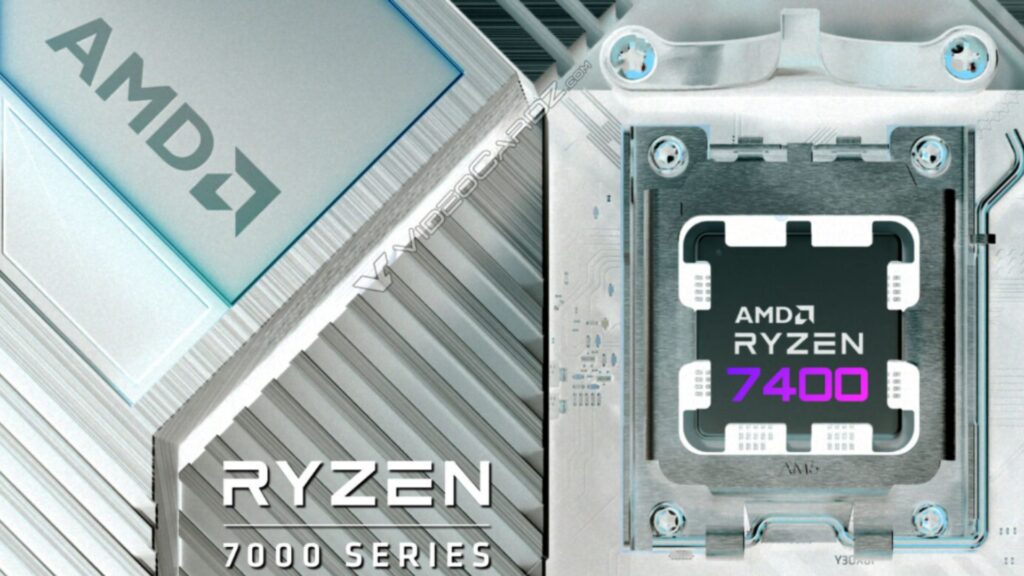
- Cores/Threads: 6 / 12
- Base/Boost: 3.6 GHz / 5.0 GHz
- Cache: 32 MB L3
- TDP: 65 W
- Platform: AM5, PCIe 5.0×16, DDR5-7200
- Integrated Graphics: Radeon 730M (2 CUs @ 2.4 GHz)
- MSRP: $169
The 7400 brings Zen 5 efficiency to budget AM5 builds. Its Radeon 730M GPU handles light gaming and multimedia tasks, while PCIe 5.0 and DDR5 support unlock higher-speed storage and memory—capabilities absent on AM4.
AM4’s Ninth Year: Ryzen 5 5600F
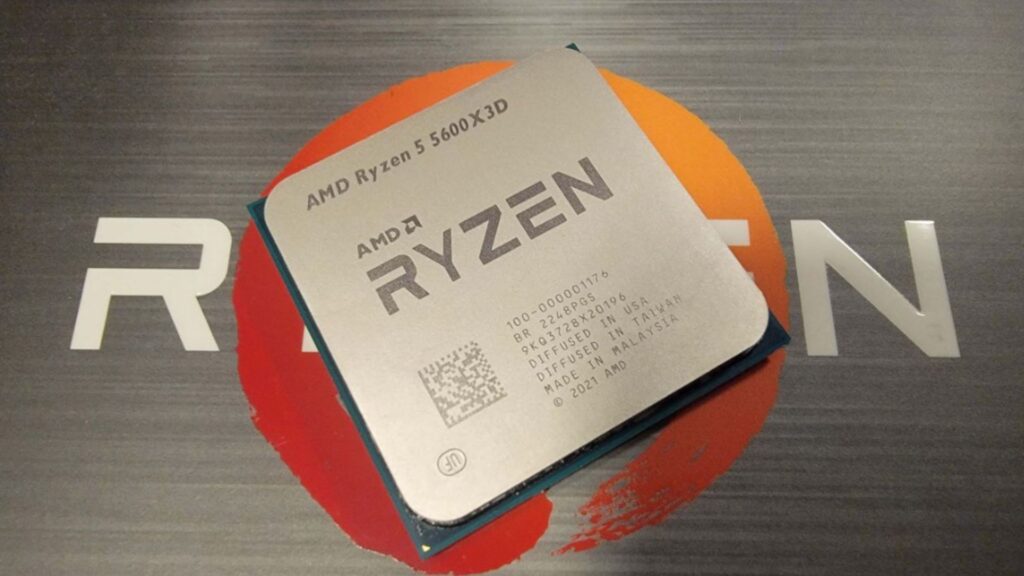
- Cores/Threads: 6 / 12
- Base/Boost: 3.0 GHz / 4.0 GHz
- Cache: 32 MB L3
- TDP: 65 W
- Platform: AM4, PCIe 4.0×16, DDR4-3200
- Integrated Graphics: None
- MSRP: $139
In a surprising twist, AMD extended AM4’s lifespan with a Zen 3 F-series SKU. The 5600F runs slightly slower than the standard 5600 but offers an easy upgrade for legacy systems without motherboard changes. It outperforms Intel’s Core i5-12400 in multi-threaded workloads by around 5% in Cinebench R23 while enabling PCIe 4.0 and leveraging mature AM4 ecosystem stability (Windows Report).
Enterprise-Grade Zen 5 PRO Models
AMD also unveiled three PRO variants with enhanced security and manageability:
- Ryzen 9 PRO 9945: 12 cores/24 threads, 3.5–5.6 GHz, 64 MB L3
- Ryzen 7 PRO 9745: 8 cores/16 threads, 3.7–5.5 GHz, 32 MB L3
- Ryzen 5 PRO 9645: 6 cores/12 threads, 3.8–5.3 GHz, 32 MB L3
All three maintain a 65 W TDP and add AMD PRO features—secure boot, Shadow Stack, centralized IT management—catering to corporate desktops and workstations.
Benchmark Highlights and Real-World Performance
- 9700F: ~15% faster in multi-threaded rendering vs. Ryzen 7 7800X3D; identical single-thread scores thanks to Zen 5 IPC gains.
- 9500F: On par with Core i5-14600K in gaming at 1080p.
- 7400: ~20% uplift in synthetic GPU tasks over Ryzen 5-5600G’s Vega graphics.
- 5600F: Leads Core i5-12400 by ~5% in Cinebench R23 multi-threaded tests.
Availability and Market Strategy
- AM5 F-Series & 7400: Global launch September 18, 2025.
- AMD Ryzen 5 5600F: Exclusive Asia-Pacific release September 20, 2025.
- PRO Models: Rolling out to OEMs and distributors in Q4 2025.
AMD’s region-focused distribution aligns inventory with demand—North America emphasizes high-end F-series, Asia builds out AM4 entry upgrades, and global markets gain the midrange 9500F.
Strategic Implications
By layering Zen 5 across both new and legacy platforms, AMD maximizes architectural scalability and smooths generational transitions. The fresh Zen 5 options for AM5 democratize high-performance features like PCIe 5.0 and DDR5, while the AM4 refresh preserves choice for budget-conscious upgraders. Coupled with enterprise-ready PRO variants, this CPU expansion strengthens AMD’s competitive stance against Intel’s desktop roadmap and cements its leadership in versatile, cross-platform processor design.




